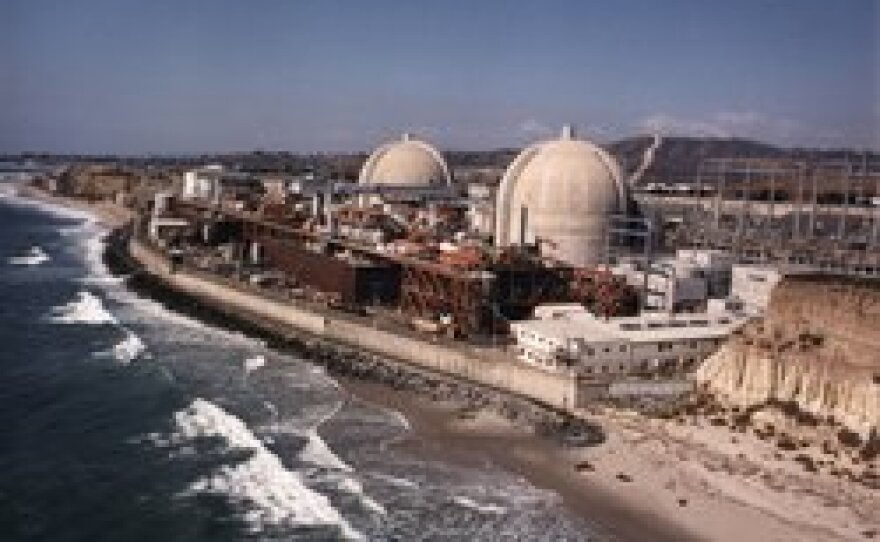This month marks the fourth anniversary of the radiation leak that eventually shut down the San Onofre Nuclear Generating Station.
Southern California Edison and its shareholders escaped most of the financial fallout because of a settlement deal where ratepayers were left to pick up a $3.3 billion tab.
All along the path to the settlement, ratepayer interests were in question at the state level by those whose job it was to act for them, including the California Public Utilities Commission, an administrative law judge and Gov. Jerry Brown.
California Attorney General Kamala Harris did initiate a criminal probe into the actions of a former CPUC president, but it seems to have stalled.
The CPUC, in particular, seems to have far less than an arm's-reach relationship with Edison. Its president at the time, Michael Peevey, met secretly in Poland with an Edison executive to outline a settlement plan. Their framework almost matched the final settlement that handed customers the bill for the shutdown.
And there's more.
Melanie Darling, the CPUC's administrative law judge in charge of the inquiry into the shutdown, delayed the probe for two years. Brown vetoed a set of reforms making state regulators and utilities more accountable and their actions more transparent.
Federal authorities have not had any success holding Edison accountable for the radiation leak and its causes either. The Nuclear Regulatory Commission cited Edison and Mitsubishi, the manufacturer of the faulty steam generators, but did not fine them.
Sen. Barbara Boxer, D-California, called on the NRC to thoroughly investigate, and it did. Her call for a criminal investigation by the Department of Justice has not yet born fruit. One attorney has called the investigators in the NRC’s Office of the Inspector General “Keystone Cops.”
Meanwhile, the U.S. Navy, the landlord for San Onofre, has told Edison that portions of its land “may be contaminated” by radiation.







